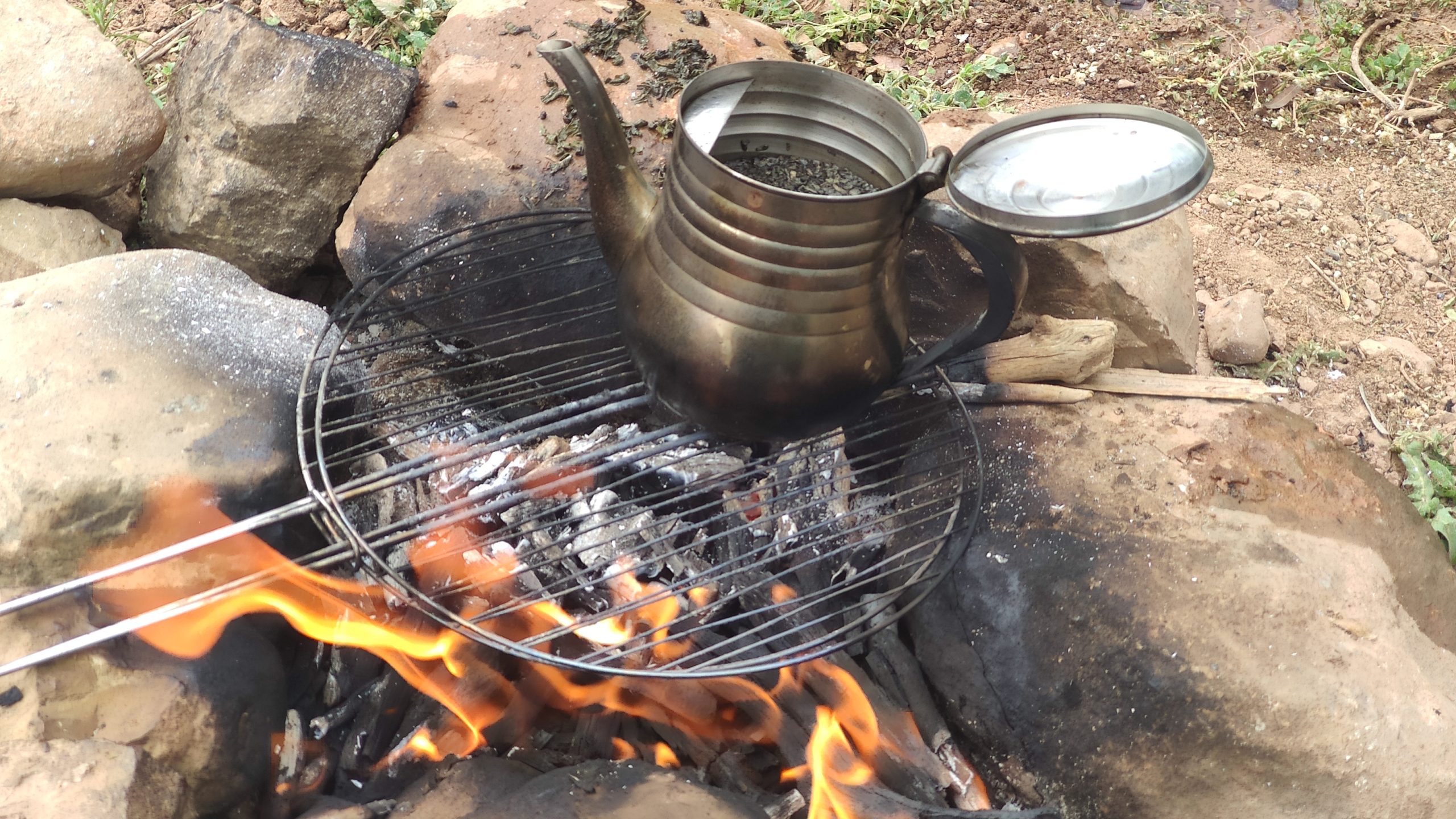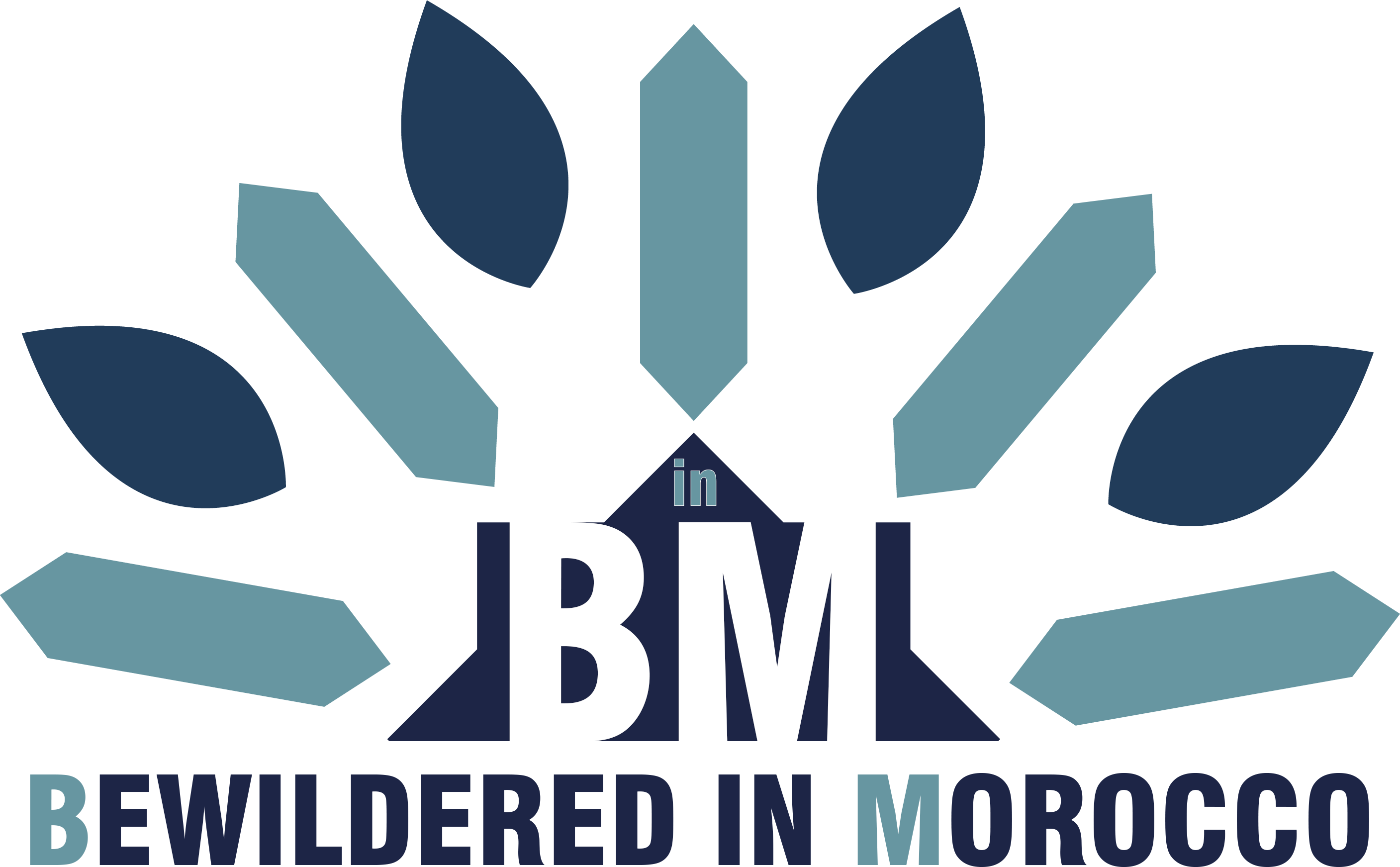There are moments when traveling that transcend typical tourist experiences – when you're welcomed into someone's home and treated not as a visitor, but as family. Today, I'm excited to share my incredible experience cooking with an Amazigh family in Morocco, where I learned the secrets of their perfect chicken tajine and the art of traditional mint tea preparation.
The Heart of Amazigh Hospitality

From the moment I stepped into their home, the warmth of Amazigh hospitality enveloped me. The kitchen buzzed with activity, filled with the aromatic promises of what was to come. Our hosts, proud bearers of Morocco's indigenous Amazigh culture, were eager to share their culinary traditions passed down through generations.
The Art of Moroccan Mint Tea

Before diving into our main dish, we started with what might be Morocco's most iconic ritual: preparing mint tea. My host demonstrated the intricate process with practiced grace, explaining each step with patience and pride.
"The pouring technique isn't just for show," they explained, demonstrating the traditional high-pour method. "It serves multiple purposes – mixing the sugar perfectly, achieving the right temperature, and creating those beloved bubbles on top that we cherish so much."
Here's what I learned about the perfect Moroccan mint tea:
- Fresh mint leaves are essential
- The tea is poured from a height to create a light foam
- The process helps distribute the sugar evenly
- It's both an art and a science, requiring practice and precision
Secrets of the Perfect Chicken Tajine
The star of our cooking session was the chicken tajine. Named after the cone-shaped clay pot it's cooked in, tajine is more than just a dish – it's a cooking philosophy that transforms simple ingredients into something magical.
The Essential Ingredients
Our host carefully laid out the ingredients, each one playing a crucial role in the final flavor:
- Fresh chicken
- Preserved lemons
- A blend of spices including:
- Coriander powder
- Cumin
- Paprika
- Turmeric
- Cinnamon
- Black pepper
- Fresh garlic and ginger
- Argan oil (a special Moroccan ingredient)
- Fresh herbs
The Cooking Process
What struck me most was the patience and love that went into each step. "You have to give it love," our host insisted, demonstrating how to arrange the ingredients in the tajine. The chicken is carefully seasoned, the preserved lemons (which they make by storing lemons in salt for a month) add a distinctive tangy flavor, and the spices are measured not by strict amounts but by experience and instinct.
The magic happens over low heat, allowing the flavors to meld together slowly. After about 20 minutes, eggs were added to the dish – a traditional touch that makes the meal even more special.
Breaking Bread Together
While the tajine simmered, we learned to make traditional bread. The dough was prepared with care, shaped into rounds, and baked in a special bread oven. Our host explained that different breads are made for different dishes, and this particular one was specifically meant to accompany our tajine.
The bread-making process was a lesson in itself:
- The dough needs to be kneaded with love
- The shaping technique requires practice
- Three stones are used in the traditional bread oven
- The bread's name comes from the dish it's meant to accompany
Cultural Insights Through Cooking
What made this experience special wasn't just the cooking – it was the cultural exchange that happened naturally around the preparation of food. I learned that in Amazigh culture, cooking is a social activity, a way of passing down traditions, and a means of showing love and hospitality.
Our hosts shared stories about their family traditions, explained how certain dishes got their names, and showed us how their cooking methods have been preserved through generations.
Tips for Experiencing Amazigh Cooking
If you're interested in having a similar experience:
- Show genuine interest in learning about the culture
- Be patient – traditional cooking takes time
- Offer to help with preparation
- Ask questions about the ingredients and techniques
- Express gratitude for their hospitality
A Feast to Remember
When we finally sat down to eat, it wasn't just a meal – it was a celebration. The chicken was perfectly tender, the sauce rich with complex flavors, and the bread still warm from the oven. But what made it truly special was sharing it with our generous hosts, who had welcomed us into their home and shared their culinary heritage with such warmth and pride.
Your Turn to Experience Morocco
Have you ever experienced traditional Moroccan cooking? Would you like to learn more about specific dishes or techniques? Share your thoughts and questions in the comments below! And if you're planning a trip to Morocco, don't miss the chance to experience this kind of authentic cultural exchange – it might just be the highlight of your journey.
